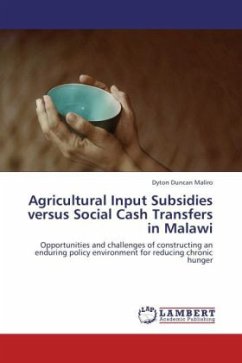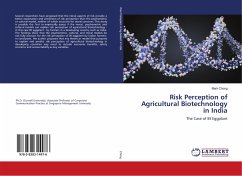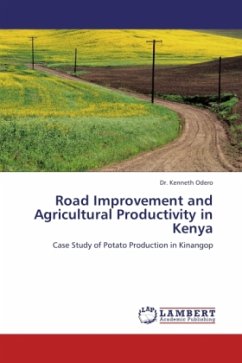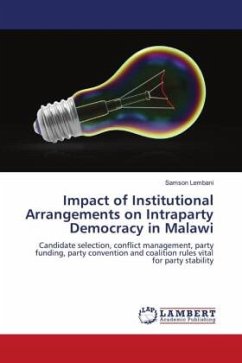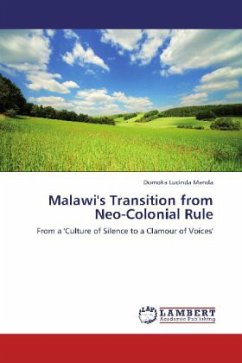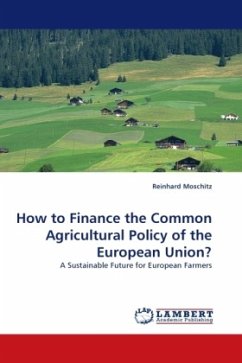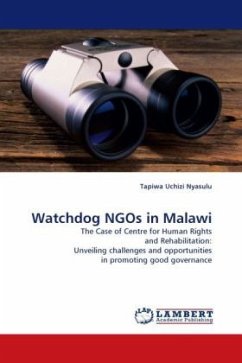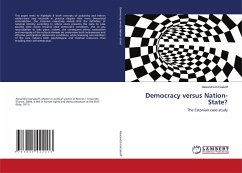Agricultural input subsidies and social cash transfers are emerging as distinct policy options for reducing chronic hunger in poor African countries. In Malawi, fertilizer subsidies have in recent years reclaimed their policy space, overturning the previous stance of donors that dismissed subsidies as unsustainable financial burdens and economic waste. At the same time, and advocated by the donors to a reluctant government that fears creating unsustainable financial obligations, there is growing momentum for social cash transfers to those social groups predictably failing to meet their basic food needs. This book creates a deeper understanding than hitherto available of these policy options, which in development policy are characterised by confusion concerning their roles in achieving a sustainable reduction in chronic hunger among the rural poor. The book demonstrates the difficulty of constructing a policy environment that can enduringly reduce vulnerability to hunger in poor African countries such as Malawi. This book is a 'must read' for donors, NGOs, policy makers and social protection advocates.

